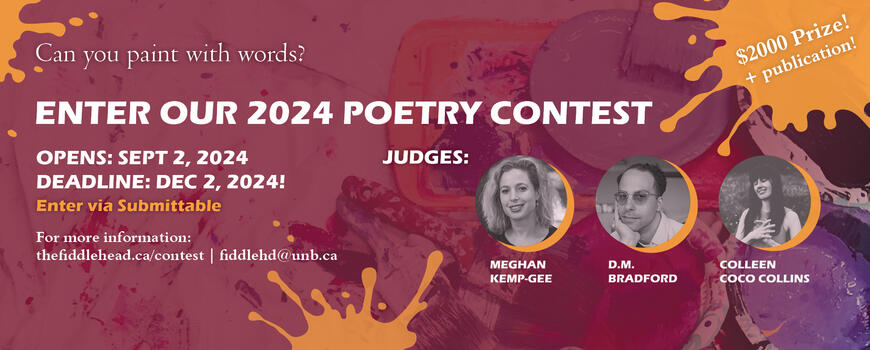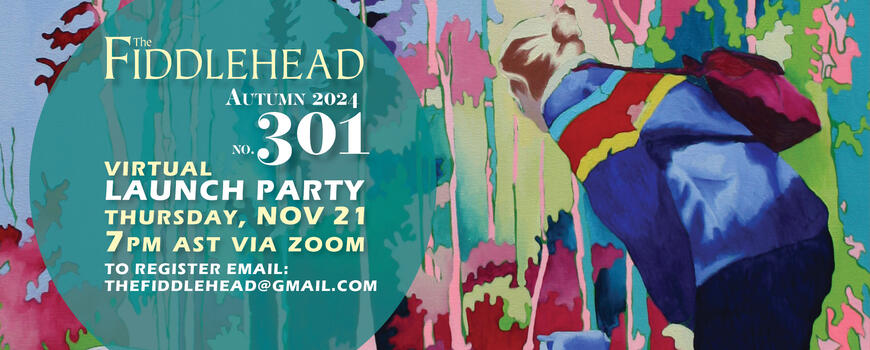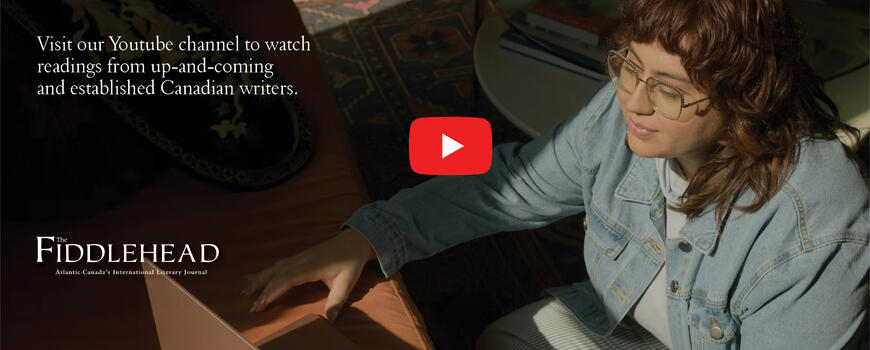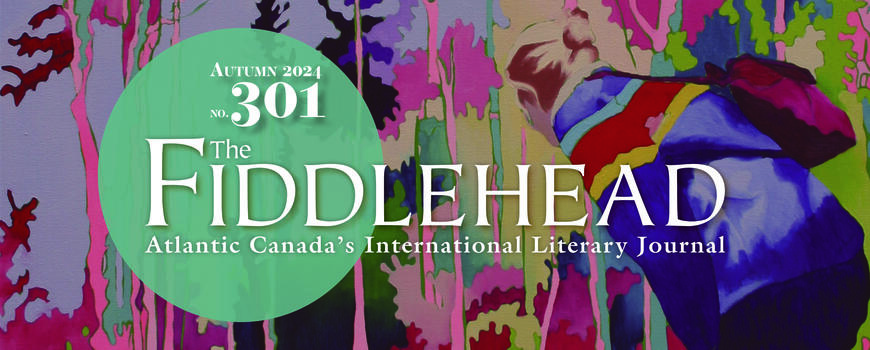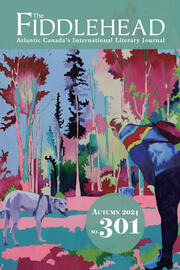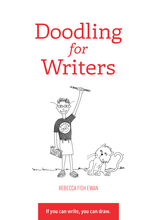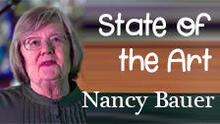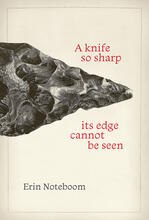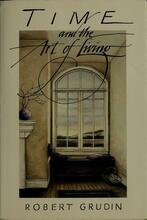Stop! Look! Listen! Shirley Harshenin's Recommendation
The irony behind the “Doodling for Writers” catchphrase, “If you can write, you can draw” is that I was introduced to this book during a workshop I took because I was in a slump and could not write. My need to create pushed me to explore alternate means of expression, which led me to a comics workshop and this book.
